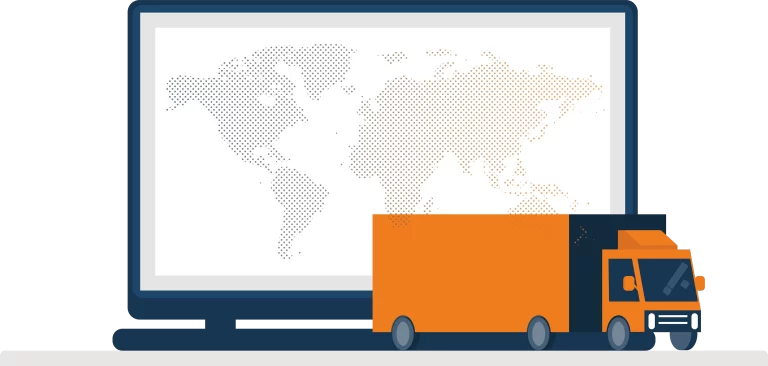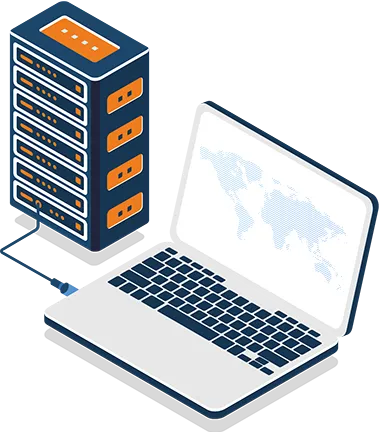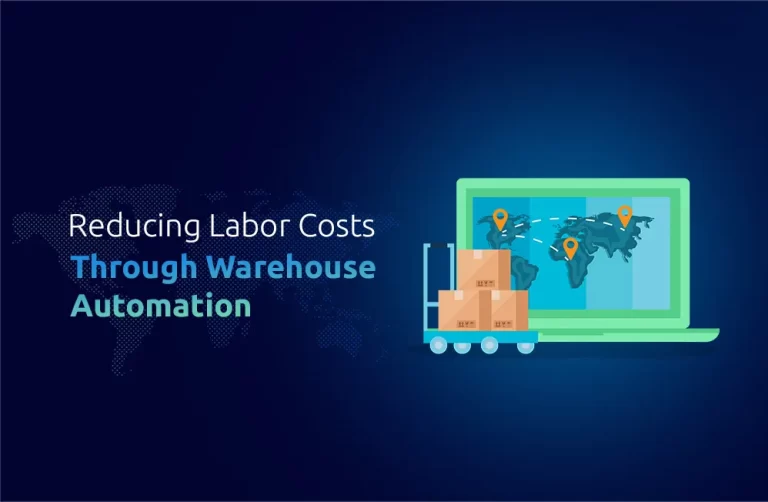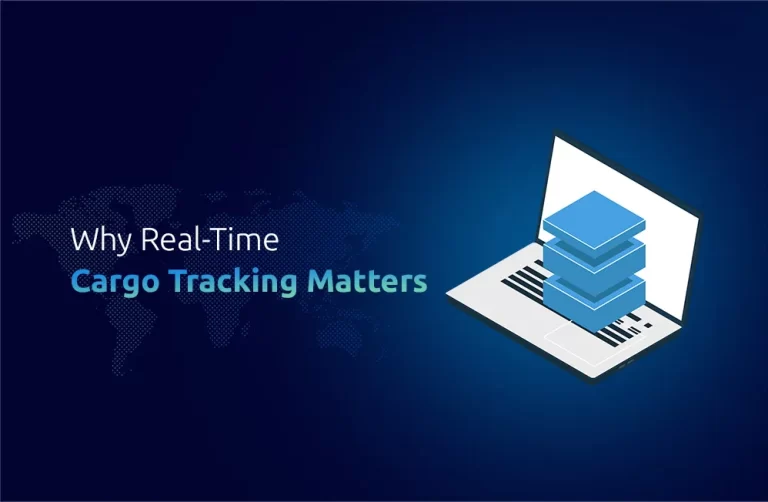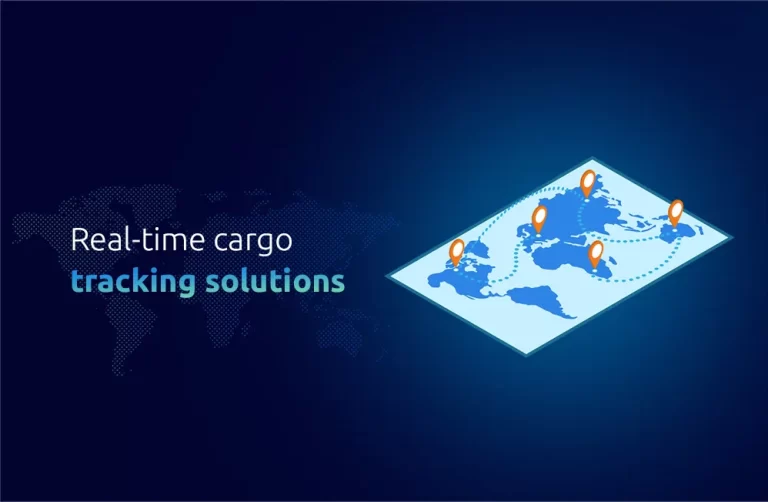Easy IOR Solutions For Your Imports in Brazil
Facilitate your shipments to Brazil with our Importer of Record service. We handle all paperwork, compliance checks, and regulatory compliance, enabling timely, smooth delivery without delays or fines. Whether you’re importing merchandise from L.A to Brazil, or equipment from Brazil to the US, our potential limitations in your operations, both in the United States and Brazil. We have a worldwide reach and the knowledge to handle urgent shipments for smooth and compliant imports without establishing a local entity.
Shipping IT and Telecom Equipment to Brazil Diverse Industries
As an IOR in Brazil, it’s crucial to know about the complexities of importing IT and telecom equipment. Compliance with various regulations and certifications is essential, and not doing so can result in penalties. Here’s a guide to importing information technology and telecommunications equipment into Brazil’s tech, medical, automotive, and airline industries.
IT and Telecom Equipment Compliance
According to Brazilian regulations, IT and telecommunications equipment intended for commercial use needs to be certified by Anatel. Aside from that, INMETRO requires mandatory certifications, like the INMETRO certification. You have to comply with tough technical regulations and certification requirements in Brazil. Importation delays, fines, and penalties can result from noncompliance.
IT and Telecom Equipment for the Medical Industry
The Brazilian’s Health Regulatory Agency (ANVISA) requires specific certifications to ensure patient safety in the medical industry. Compliance with INMETRO certification requirements is also mandatory, along with ANVISA requirements. To ensure that medical devices are manufactured and distributed safely, additional certifications, such as Good Manufacturing Practices (GMP) and Good Distribution Practices (GDP), are needed.
IT and Telecom Equipment for Automotive
It’s mandatory for Brazil’s automotive industry to get registered with Inmetro, and it’s also required to be certified with the Brazilian Motor Vehicle Certification System (CAT). Safety and environmental standards for automobiles are regulated by Inmetro. There’s a CAT certification requirement for all automotive equipment sold or imported into Brazil. You can get fined, penalized, and even have your product recalled if you don’t comply with these certifications.
IT and Telecom Equipment for the Aviation Industry
Certification requirements for Brazil’s aviation industry are set by the Brazilian Civil Aviation Agency (ANAC) and Brazilian Aeronautical Standards (RBAC). Aviation equipment has to meet safety and quality standards to get certified. In addition, importing aviation equipment into Brazil requires production certificates (PC) and technical standard orders (TSOs).
There are a lot of rules and regulations when it comes to importing IT and telecom equipment to Brazil’s tech, medical, automotive, and aviation industries. Partnering with a logistics provider who’s familiar with Brazil’s import regulations is essential for an IOR service. IOR services can help you avoid costly penalties and delays by planning and adhering to Brazil’s regulations. The relevant certifications will ensure that the IT and telecom equipment IOR services import meets Brazil’s safety and quality standards, which will enhance the reputation of IOR services.

